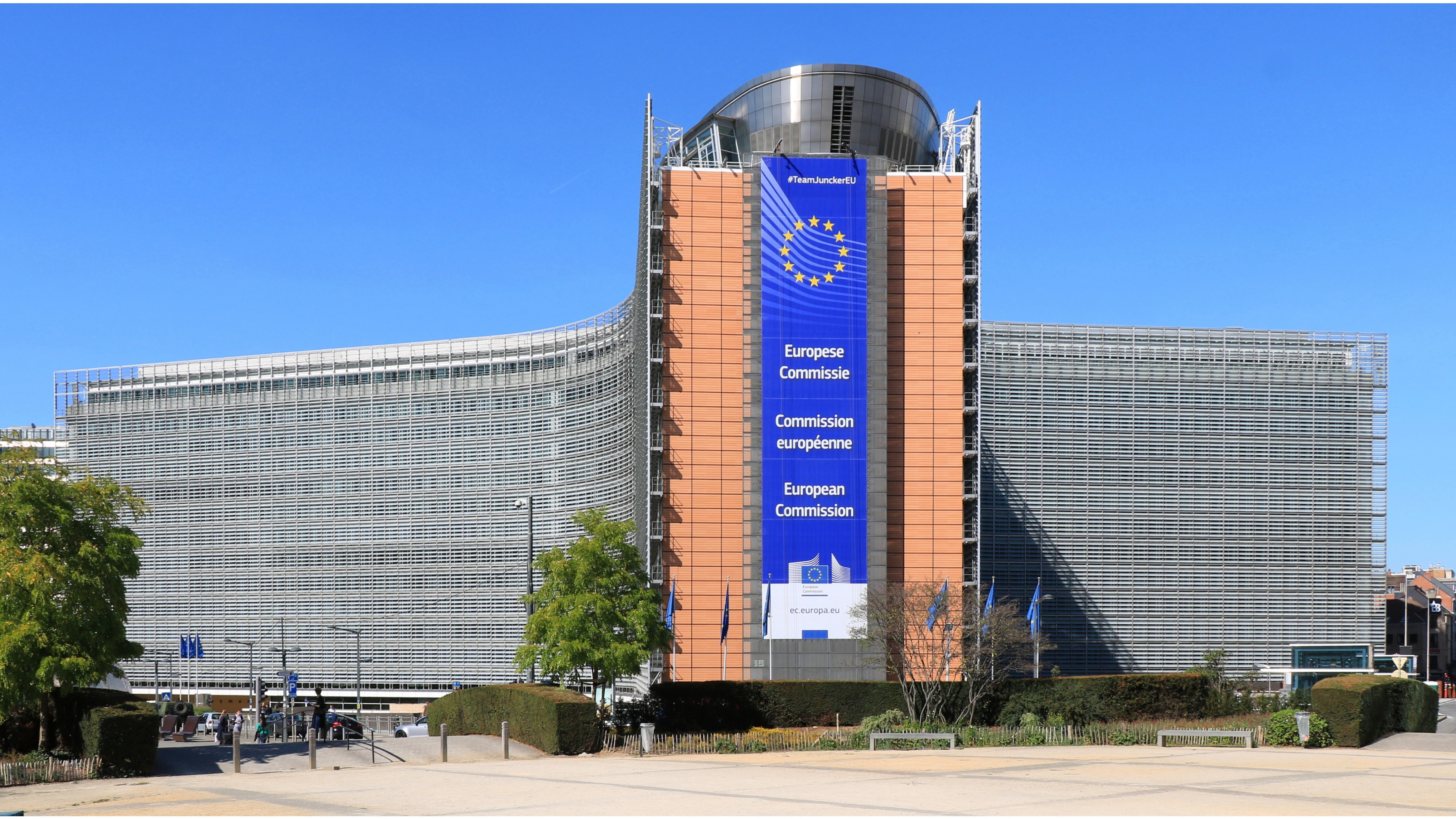US President Donald Trump signed into law legislation on Monday nicknamed the Take It Down Act, which requires platforms to remove nonconsensual instances of “intimate visual depiction” within 48 hours of receiving a request. Companies that take longer or don’t comply at all could be subject to penalties of roughly $50,000 per violation.
The law received support from tech firms like Google, Meta, and Microsoft and will go into effect within the next year. Enforcement will be left up to the Federal Trade Commission, which has the power to penalize companies for what it deems unfair and deceptive business practices. Other countries, including India, have enacted similar regulations requiring swift removals of sexually explicit photos or deepfakes. Delays can lead to content spreading uncontrollably across the web; Microsoft, for example, took months to act in one high-profile case.
But free speech advocates are concerned that a lack of guardrails in the Take It Down Act could allow bad actors to weaponize the policy to force tech companies to unjustly censor online content. The new law is modeled on the Digital Millennium Copyright Act, which requires internet service providers to expeditiously remove material that someone claims is infringing on their copyright. Companies can be held financially liable for ignoring valid requests, which has motivated many firms to err on the side of caution and preemptively remove content before a copyright dispute has been resolved.
For years, fraudsters have abused the DMCA takedown process to get content censored for reasons that have nothing to do with copyright infringements. In some cases, the information is unflattering or belongs to industry competitors that they want to harm. The DMCA does include provisions that allow fraudsters to be held financially liable when they make false claims. Last year, for example, Google secured a default judgment against two individuals accused of orchestrating a scheme to suppress competitors in the T-shirt industry by filing frivolous requests to remove hundreds of thousands of search results.
Fraudsters who may have feared the penalties of abusing DMCA could find Take It Down a less risky pathway. The Take It Down Act doesn’t include a robust deterrence provision, requiring only that takedown requestors exercise “good faith,” without specifying penalties for acting in bad faith. Unlike the DMCA, the new law also doesn’t outline an appeals process for alleged perpetrators to challenge what they consider erroneous removals. Critics of the regulation say it should have exempted certain content, including material that can be viewed as being in the public’s interest to remain online.
Another concern is that the 48-hour deadline specified in the Take It Down Act may limit how much companies can vet requests before making a decision about whether to approve them. Free speech groups contend that could lead to the erasure of content well beyond nonconsensual “visually intimate depictions,” and invite abuse by the same kinds of fraudsters who took advantage of the DMCA.






